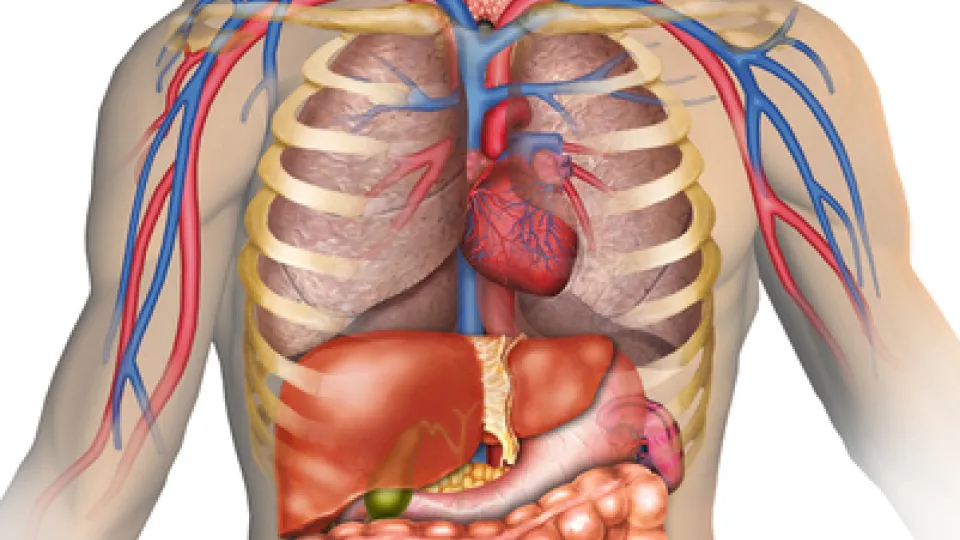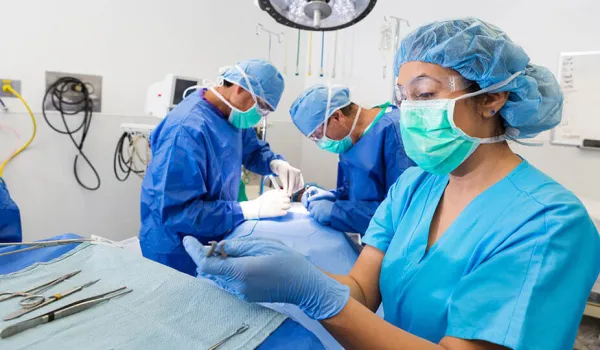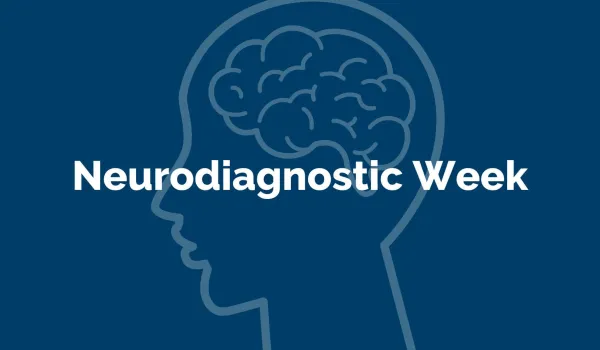Concorde Staff

At Concorde, we, of course, believe there are countless great reasons to pursue a career in health care. One of the greatest is the constant state of discovery. It seems scientists and medical officials are always tapping into new procedures, new medications and, as it turns out, new revelations about the human body.
Health care awareness constantly is being expanded, upgraded and becoming more exciting. Working in a health care field is akin to being in a constant state of wonder. And, when you consider a typical working life is 45 years, what could be better than that?
The latest discovery in health care awareness
Irish researchers recently confirmed that the mesentery - a fold of membrane that connects the intestine to the abdomen - is its own unique organ and not a series of fragmented parts, as experts previously thought. The discovery was published in the November issue of The Lancet Gastroenterology & Hepatology, a top medical journal on the digestive system.
This discovery could help doctors better understand and treat abdominal illnesses, said Calvin Coffey, a professor of surgery at the University of Limerick's Graduate Entry Medical School.
"We are now saying we have an organ in the body which hasn't been acknowledged as such to date," Coffey said in a news release.
An organ, by definition, is a self-contained body part that serves a specific vital function. Researchers say they still don't quite understand the mesentery's key functions beyond the role as a connective layer.
Recent discoveries and growing health care awareness
Scientists used to believe the mesentery was a series of broken-up pieces and, thus, less medically significant. But in 2012, Coffey and his colleagues found that the fold of membrane was, in fact, a single connected structure.
The research prompted the publishers of Grays Anatomy, one of the world's best-known medical textbooks, to update the entry for mesentery. Grays included the reclassification in its 41st edition, which came out September 2015.
Coffey said that better understanding and further scientific study of the mesentery could result in less invasive abdominal surgeries, fewer complications, and faster patient recovery.
"When we approach it like every other organ... we can categorize abdominal disease in terms of this organ," he said in the news release. "This is relevant universally as it affects all of us."
So, all of you in Concorde's Surgical Technology - or, perhaps Radiologic Technology - programs, you can now impress your instructors and peers with your latest bit of health care awareness, your latest medical discovery. When asked what connects the stomach to the intestines, simply say, the mesentery, the human body's newest organ!

Take The Next Step Towards a Brighter Future
We have a Concorde representative ready to talk about what matters most to you. Get answers about start dates, curriculum, financial aid, scholarships and more!



